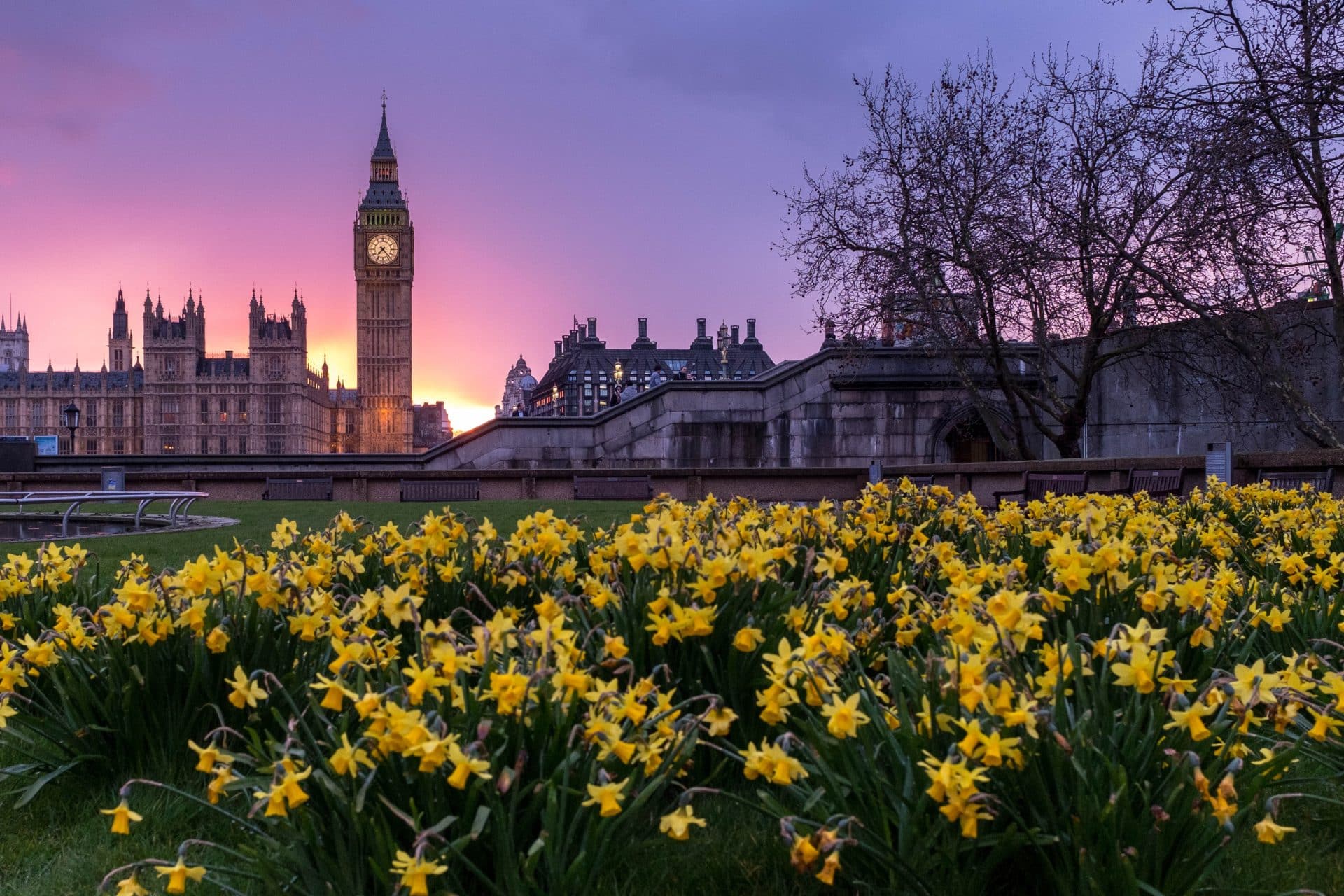Christians and Muslims live under a ‘reign of terror’ with almost-daily attacks in Northern Nigeria by the Boko Haram Islamic extremist group.
That is the verdict given by a delegation from the Humanitarian Aid Relief Trust (HART) following a visit to communities in the region in June and July, 2014. The team included Baroness Cox, a Vice Chair of the APPG on International Freedom of Religion or Belief. A report said the group returned from the visit ‘more worried than on any previous occasion’ – calling the area ‘a place where chaos and fear reign’.
Regular killings, abductions, destruction of homes, schools, and churches have become a common feature of Boko Haram’s strategy for Islamisation of the country, according to the HART report, with weak resistance by Government and security forces; and a clear support given to the militants by outside extremist networks, such as from Sudan and Saudi Arabia.
The HART report said: “Christians in the North, as well as dealing with the poverty, face discrimination in access to employment, health care, education, other services and political positions, particularly in the 12 states which have adopted Sharia law. Permission to build or repair places of worship is consistently denied. Gender discrimination and denial of women’s rights is deeply entrenched both in law and in practice.”
Muslims who do not support Boko Haram have suffered persecution as well at the hands of the militants. The well-funded terror group also offers a lot of money to poverty-stricken young men to join its ranks.
The HART report added: “In Jos, churches now have security to protect them from bombings, including heavy barricades to prevent cars from driving up too close to the church building, and sentries who keep watch throughout the church services. On Sundays, additional roadblocks spring up in an attempt to prevent further attacks, making roads almost impassable.”
Local residents told the HART team they saw no evidence of international experts offered by countries such as the UK to search for the missing girls kidnapped from Chibok. Some 273 Muslim and Christian students from the school attracted media coverage when they were taken in April. However abductions by Boko Haram happen often with 1800 people taken in Maidaguri alone before the Chibok incident.
Education has also been under particular attack with 173 teachers killed this year, to date, and 300 schools burnt since 2012 – depriving 10,000 children of education. Some teachers refuse to carry a pen in their pocket in case they are caught.
Inter-faith initiatives do exist building relationships between Christians and Muslims with a special focus on youth and women.
“It is hoped that such confidence-building measures between the faith communities will help to reduce the propensity for renewed violence,” the HART report added, “and may help the Muslim community who do not wish to radicalise to withstand the pressures from extremists such as Boko Haram.”

